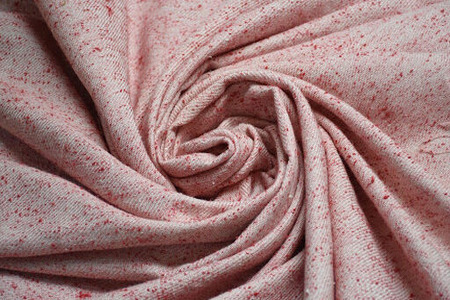Zimbabwe to push capacity utilization of its textile sector
YarnsandFibers News Bureau 2016-02-08 14:00:00 – AfricaThe Zimbabwean government has gazetted some Statutory Instruments to discourage cheap imports of textile products into the country, this is likely to push the capacity utilization of local textile industry to 45 percent this year, an official said.
Zimbabwe Textile Manufacturers’ Association secretary-general, Raymond Huni said that the industry would take off well this year due to measures introduced by government to protect the industry.
In 2015, due to an influx of cheap import, the industry was operating at below 30% of capacity. But this year, they are anticipating an improvement due to a number of measures introduced by the government to protect the industry. Raymond Huni said that if everything goes well they want to push industry capacity to 45 percent.
Currently the textile industry is reeling under low capitalization levels and an influx of cheap imports. To revive the textile sector, at least $20 million is required but the government does not have the funds
In his Mid-Term Fiscal Policy review, Finance minister Patrick Chinamasa introduced the manufacturers’ rebate of duty on critical inputs imported by approved textile manufacturers. This rebate covers spare parts, yarn and unbleached fabric, among others.
Furthermore, it was proposed to remove blankets from the Open General Import Licence for a period of 24 months.
Poly-knitted fabric is currently imported in semi-processed form, hence, undergoes very limited local value addition before transformation into a blanket, which competes with locally manufactured blankets.
To that effect, government increased customs duty on poly knitted fabric from 10% to 40% plus $2,50 per kg.
The government also banned imports of the second-hand clothes, if implemented would see the sector double its contribution to gross domestic product by at least 10 percent.
Market Intelligence
Ask for free sample Report

experience
Customer Base
dedicated team
Countries Served Worldwide









